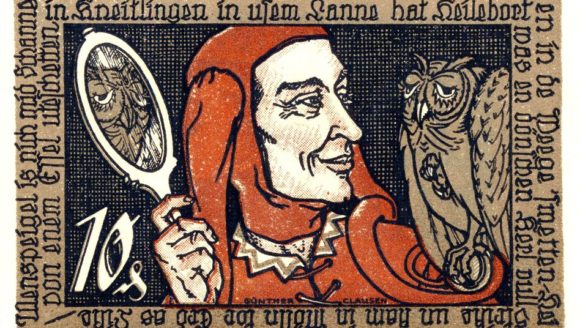Reading Fear by Robert Peckham for the Telegraph, 25 August 2023
Remember the UK intelligence claim that Saddam Hussein could strike the UK with a ballistic missile within 45 minutes? The story goes that this was spun out of a two-year-old conversation with a taxi driver on the Iraq-Jordan border. One thing’s for sure: fear breeds rumour breeds more fear.
Robert Peckham lives in fear, and claims we’re all of us entering “an era of insidious, mediatised fear”. This may be a case of misery seeking company. And you can see why: in 1988 this British historian of science (author of several well-received books about epidemics) narrowly missed getting blown up in a terrorist attack on the funeral of Abdul Ghaffar Khan in Jalalabad. More recently, in the summer of 2021, he quit his job at the University of Hong Kong where, he writes, ”fear was palpable… friends were being hounded by the authorities, news agencies shut down and opposition leaders jailed.”
With the spread of Covid-19, Peckham’s political and medical interests dovetailed in Hong Kong in grim fashion. “A pandemic turned out to be the ultimate anti-protest weapon,” he writes, “one that the city’s chief executive, Carrie Lam, deployed ruthlessly to stifle opposition.”
Fear is the story of how, over the last 700 years or so, power has managed and manipulated its subjects through dread: of natural disasters, pandemics, revolutions, technologies, financial crashes, wars and of course, through fear of the government itself.
We see how the Catholic Church tried and failed to canalise the horrors of the Black Death into sacral terror and obedience; how instead that fear powered the Reformation. There’s a revealing section about Shakespeare’s Hamlet, a play both steeped in fear and about it: and how fear is shown sometimes engendering, sometimes acting as a moral brake on violence. Through the bloody medium of the French revolution, we enter the modern era painfully aware that reason has proved more than capable of buttressing terror, and that the post-Enlightenment period is “radiant with triumphant calamity”.
Peckham’s history is as encyclopaedic as it is mirthless. After a striking and distressing chapter about the slave trade (every book should have one), Peckham even wonders whether “perhaps slavery has been so thoroughly embedded in free market capitalism that it can’t be dislodged, at least not without the collapse of the entire system”.
At this point, the reader is entitled tug on the reins and double check some figures on the United Nations website. And sure enough: in the 21st century alone global life expectancy has risen seven years, literacy has risen by nine per cent (to 91 per cent) and extreme poverty is about a third what it was at the beginning of this century.
Allow Peckham’s argument that the Machiavellian weaponisation of fear had a hand in all this: dare one suggest this was a price worth paying?
Of course this is far from the whole of Peckham’s argument. He says at the outset he wants to explore the role fear plays in promoting reform, as well as its use in repressing dissent. “What,” he asks, “would happen to all the public-spirited interventions that rely on the strategic use of fear to influence our behaviour? Don’t we need fear to take our problems seriously?”
It’s an interesting project. Too often, though, the focus on fear acts to dampen our responses, rather than enrich them. For instance, Peckham depicts Versailles as “a policed society” where “prescriptions on how to eat, talk, walk and dance kept courtiers in line, with the ever-present threat that they might be stripped of their privileges if rules of comportment were infringed”. This is at once self-evident and woefully incomplete, excluding as it does any talk of political aspiration, personal vanity, love of play, the temptations of gossip and the lure of luxe. This isn’t an insight into Versailles; it’s a gloomy version of Versailles.
There is a difference, it is true, between the trenches of Verdun, and the fear felt in those trenches, just as there is a difference between the NKVD knocking on your door, and your fear of the knock. But — and here’s the nub of the matter — is it a useful difference? Or is it merely a restatement of the obvious?
In the end, having failed to glean the riches he had hoped for, Peckham is left floundering: “Fear is always intersectional,” he writes, “an unnerving confluence of past, present and future, a convergence of the here and there.”
To which this reader replied, with some exasperation, “Oh, pull the other one!”


